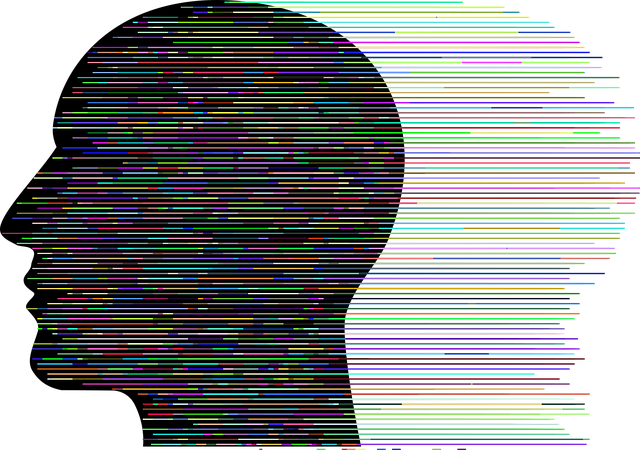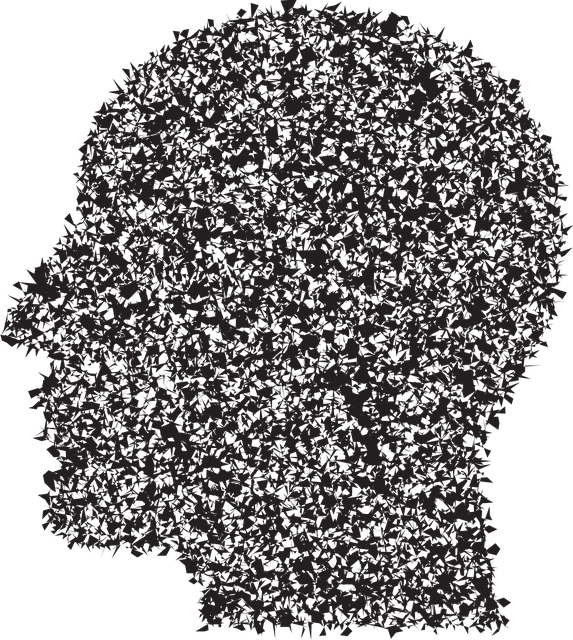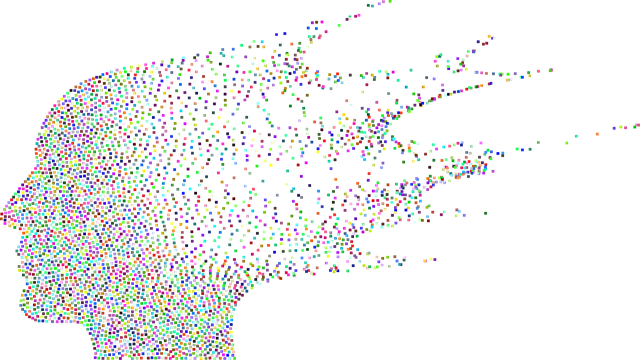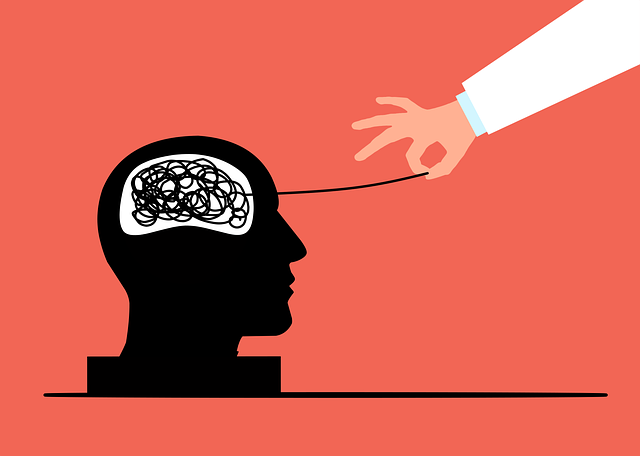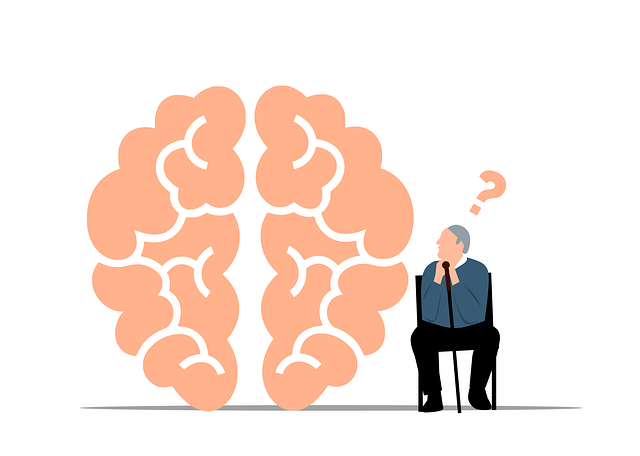Mental health education is crucial for creating supportive environments where individuals feel comfortable discussing their struggles and accessing support. Parker Divorce Therapy leads this initiative by offering comprehensive programs that educate, empower, and facilitate open discussions on mental well-being through workshops, group sessions, and stigma reduction efforts. Their holistic approach integrates Mind Over Matter Principles, Social Skills Training, and Compassion Cultivation Practices to build emotional resilience, enhance self-awareness, and improve interactions. By normalizing conversations about mental health in primary care settings and leveraging digital platforms for wider access, Parker Divorce Therapy promotes long-term positive changes in mental health outcomes.
Mental health is a vital aspect of overall well-being, yet it often remains in the shadows. This article explores the design of an educational program aimed at dispelling stigma and fostering awareness, drawing on the expertise of Parker Divorce Therapy. We’ll delve into creating a structured curriculum that covers key mental health topics, effective implementation strategies, and the long-term benefits for individuals and communities. By understanding mental health, we can create supportive environments and enhance overall resilience.
- Understanding Mental Health: Breaking Stigma and Promoting Awareness
- Program Structure: Creating a Comprehensive Education Curriculum
- Implementation and Impact: Strategies for Effective Delivery and Long-term Benefits
Understanding Mental Health: Breaking Stigma and Promoting Awareness

Understanding mental health is a pivotal first step in fostering an environment conducive to open conversations and effective support systems. By breaking down the stigma surrounding mental illness, individuals can seek help sooner, leading to improved outcomes and enhanced quality of life. Education plays a crucial role in this process, ensuring that society at large recognizes the signs, symptoms, and impacts of various mental health conditions. This awareness not only encourages early intervention but also promotes empathy and understanding among peers, family, and communities.
Parker Divorce Therapy understands the profound impact of mental health on individuals’ lives, especially during challenging life transitions. They offer comprehensive programs designed to educate and empower individuals with knowledge about their minds and emotions. Through interactive workshops and group sessions, these initiatives aim to facilitate honest discussions around mental well-being, while also providing practical tools for crisis intervention guidance and stress reduction methods. By integrating Mental Illness Stigma Reduction Efforts into their program design, Parker Divorce Therapy strives to create a supportive network that encourages vulnerability and recovery.
Program Structure: Creating a Comprehensive Education Curriculum

A well-structured mental health education program should strive to create a comprehensive curriculum that addresses various aspects of psychological wellness. At its core, such a program should incorporate both theoretical knowledge and practical skills training. For instance, Parker Divorce Therapy emphasizes understanding the mind’s role in emotional resilience through its Mind Over Matter Principles, which can empower individuals to navigate challenging life situations more effectively.
Complementing these principles with teachings on Social Skills Training and Compassion Cultivation Practices can foster a supportive learning environment. These practices not only enhance self-awareness but also promote healthy interactions with others, ultimately contributing to improved mental health outcomes. A balanced curriculum that intertwines personal growth with interpersonal skills development is key to creating lasting positive change.
Implementation and Impact: Strategies for Effective Delivery and Long-term Benefits

Implementing a mental health education program requires strategic planning and innovative delivery methods to ensure its impact is felt long-term. One effective approach is to integrate these programs into existing healthcare systems, such as primary care settings, where individuals are more likely to access services regularly. For instance, Parker Divorce Therapy can offer workshops or seminars focused on coping mechanisms and emotional resilience, targeting individuals going through life transitions like divorce. By normalizing conversations about mental health within these platforms, we reduce the stigma associated with seeking help.
Additionally, digital platforms and online resources play a pivotal role in expanding access to mental health education. Self-Care Routine Development for Better Mental Health can be promoted through interactive webinars or social media campaigns, empowering individuals to take charge of their well-being. Healthcare Provider Cultural Competency Training is another vital aspect, ensuring that professionals are equipped to address diverse populations’ unique mental health needs. Emphasizing emotional intelligence in these programs fosters an understanding of one’s emotions and those of others, leading to improved relationships and overall well-being.
Mental health education programs, such as those inspired by Parker Divorce Therapy, play a pivotal role in fostering well-being. By addressing stigma, providing comprehensive curriculum, and implementing effective delivery strategies, these programs can lead to substantial long-term benefits. Equipping individuals with mental health knowledge empowers them to recognize and support their own and others’ emotional needs, ultimately creating a more compassionate and resilient society.

